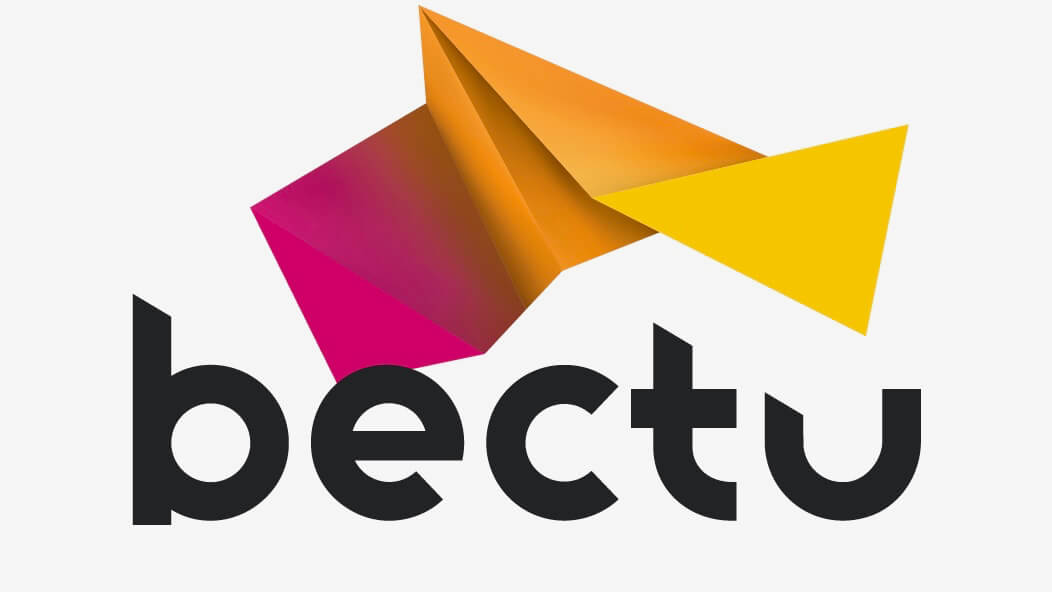Screen industries trade union, Bectu, is calling for a meeting of industry bosses, following an open letter signed by 1000 workers from across the film and TV industry.
The letter, penned by Producer and Bectu rep Meriel Beale, demands an end to a culture that turns a blind eye to predators and harassers operating in plain sight.
It has been signed by figures from across the industry, including head of Bectu Philippa Childs, former Channel 4 commissioner Kelly Webb-Lamb, broadcasters Dermot O’Leary and Joe Lycett, actors Lourdes Faberes and Rupert Graves, presenter Sarah-Jane Crawford, and countless others from writers and producers, to camera operators and make-up artists.
Head of Bectu, Philippa Childs said: “This cannot end with an open letter and social media outrage, and Bectu is calling for a meeting of industry bosses to establish meaningful, structural change to finally stamp out this scourge on our industry.
“The film and TV industry is powered by creative, inventive, and hard-working people, many of whom are freelancers. Freelancers regularly move between productions, with no HR departments, no formal recruitment processes, and very little power. There are very few of the checks and balances that we expect to see in most workplaces. This haphazard approach to hiring and firing bakes in pre-existing inequalities and can very easily lead to an unchallenged culture of bullying and sexual harassment.
“Bectu hears over and over again from members who fear that speaking out will mean that they won’t work in the industry again and that their careers will be permanently damaged. Without meaningful, structural change on hiring practises, having some dedicated resource on set to support freelancers and rethinking how productions are managed, I fear that the allegations in the Guardian this week will be repeated again and again.”
The letter is below. Click here to see the signatories
After reading the Noel Clarke allegations, many of us within the TV and film industry started sharing our own stories of sexual harassment and sexual abuse. His case is not a one-off and, shockingly, is not an extreme example.
It has happened to so many of us that it seems normal.
It has happened to so many of us at the hands of men in positions of power within the industry – whether industry colleagues, presenters or actors.
It has happened in plain sight.
From talking over us, to comments in the workplace on our appearance, to men discussing openly what they’d like to do to us, to relentless private messages, to groping, to intimidation and to sexual assault. These are the stories women have been sharing over the last few days.
We are told ‘it’s just his way’ or ‘you should be flattered’. We are asked ‘are you sure you want that man to lose his job?’ We are asked ‘who did you sleep with to get that job?’
We are told to ‘lighten up’ and to ‘take a joke’. As we get older, we are told our worth has decreased.
How does a young, female runner take the ‘joke’ of being asked for a ‘gangbang’ by her senior male producer in a room where she is the only woman? How does she handle having a Twitter account set up in her name with inappropriate tweets sent to the presenters she is working with? How does a woman carry on trying to lead her team when she has been groped in front of them? How do you work with a male presenter after he puts his hands all over you?
We just want to do our jobs. But we end up having to manage and navigate these situations. We don’t want to be seen as ‘killjoys’ and we don’t want to anger the men into violence. It is a constant, terrifying tightrope. We are exhausted and we are angry.
All of this contributes to us being undervalued in TV. Many men won’t recognise or notice sexist micro-aggressions – the low level hum of sexism – and many women will accept it as part of the culture. It has been normalised, but it is not normal.
We need more women in senior positions in TV and film. We need them to be allies and to be empowered to make real change. We need older women and women with caring responsibilities so that this filters down throughout the industry. We need women to be taken seriously. We need men to call out bad behaviour.
This is just one of the areas of discrimination and abuse within the TV industry and one that intersects with issues of race, gender, sexuality and disability. The Diamond survey from January 2021 reveals that, as in 2018-19, women, transgender, Black, Asian and Minority Ethnic and disabled people continue to be less well represented in senior roles. In fact, there has been a decrease in contributions at senior level made by females (47.1%, down from 50.4% in 2018-19).
It is time to rethink the culture of TV and film. It is time to put an end to this culture that turns a blind eye to predators and harassers operating in plain sight.
Jon Creamer
Share this story

















